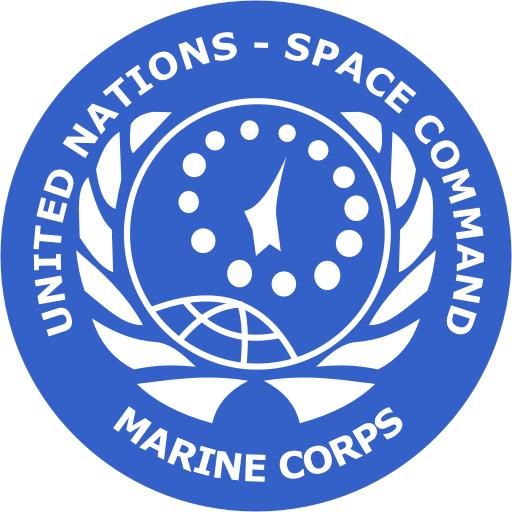By Dr Anirban Ganguly
India’s demand for restructuring and reforming the UN is not begging at the doors of the privileged club for an entry ticket but rather a symbolic action which reflects how rapidly the world order is changing and giving rise to new alignments and new powers. Interestingly PM Modi during his visit to China earlier this year had referred to the rise of a multipolar world and the emergence of a number of powers who aspire to seek an equal place in the world. Such a world order is increasingly working itself out and the call for reforming the UN is a reflection of that irreversible process.
In his intervention at the G4 Summit in New York Prime Minister Modi articulated a perception that is increasingly gaining ground and adherents now, seven decades after the formation of the UN. Narendra Modi observed that we lived in a “fundamentally different world from when the UN was born” and are increasingly facing “complex” and “undefined challenges.” His observation on the composition of the UNSC has perhaps best expressed the conundrum of the UN – he said, that “our institutions, particularly the UNSC, reflected the wisdom of the century we had left behind, not the century we live in.” Such balanced and yet firm articulation of the fact that an institution envisaged seven decades ago cannot adequately express the realities and aspiration of a vastly different world with formidably altered aspirations and geo-political currents is hardly the lexicon or tone of one who begs to be allowed entry into a closed door.
Those powers who have monopolized and controlled the direction of the UN in the last seventy years are themselves in the throes of multi-dimensional challenges which are civilisational in nature and yet they have refused to consistently recognise that other powers are on the rise and aspire to be allowed to play an equal role in determining the global direction. Japan and Germany have both diligently and conscientiously adhered to an imposed framework for the last six odd decades and today aspire to unshackled themselves from that framework. With India taking an active initiative to bring about a convergence among those powers that seek to be active participants in a changing world order, India herself aspires to begin playing a concrete role in trying to reconfigure and restate her role demonstrating a new found confidence and ease while charting the currents of global politics.
Some are arguing that by this act of reconvening the G4 and of giving it shape and restating its goals and expressing a joint determination to initiate the process of reforming the UNSC in its seventieth year, India is only hardening the opposition of her adversaries namely China. But then the moot question is India were to meekly stand on the pavement outside the privileged door and not seek to enter nor ask for Veto powers would China reconsider her stance towards India or continue to in trying to contain her as she has done in the past and is still trying in her own way.
What seeks recognition is rather the direct manner in which Prime Minister Modi has generated a new debate on the world scene – along with the call for climate justice, sustainable consumption etc. – that of an urgent rethinking on the structure and future of the UN itself. Assertive alignment and a pursuance of one’s own “enlightened self-interest” is India’s new external outreach mantra and a central objective of that position is to seek a fundamental change in the frame of the UN itself that reflects the realities of world of multiple powers. Such a position and articulation is hardly reflective of an attitude of pleading and of mendicancy. Those who see it as such have perhaps got their geo-political arithmetic mixed up or themselves reflect the wisdom of a bygone age which has no place in the present.
(Dr Anirban Ganguly is the Director of Dr. Syama Prasad Mookerjee Research Foundation, New Delhi & scholar of civilisation, politics, history)
Courtesy: http://focusnews.com/opinion/indias-call-for-reforming-the-unsc-is-not-a-sign-of-mendicancy/131168/ (dated: September 27, 2015)
(The views expressed are the author's own and do not necessarily reflect the position of the organisation)

